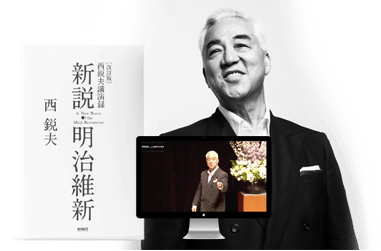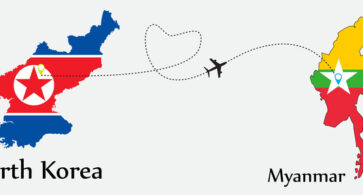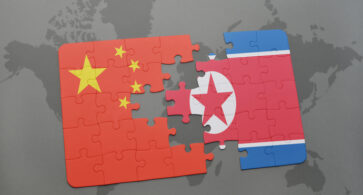【英文史料】
GENERAL HEADQUARTERS
SUPREME COMMANDER FOR THE ALLIED POWERS
Government Section
Public Administration Division
16 February 1946
MEMORANDUM FOR THE CHIEF, GOVERNMENT SECTION.
SUBJECT: Conversation with Secretary of the Cabinet.
1. Lt. Col. Rowel, accompanied by Comdr. Hussey, went to the official residence of the Secretary of the Cabinet to say goodbye to Mr. and Mrs. Narihashi and several guests on the afternoon of 15 February. While awaiting the arrival of Mr. Narihashi, we were urged to remain for a family supper. Mr. Narihashi was quite late in arriving. At about 10:00 p. m. he entered the room in a very breezy and satisfied manner and immediately took the center of the stage.
2. First he announced that he had been extremely busy; that he had conferred with over seventy members of the Diet during the day on the effect of the purge directive; that he was the only present member of the Diet from Kyushu who would be able to run for reelection; that he received over 1,000 threatening letters because of his policy in strictly enforcing the purge directive; and that he hoped his position was supposed by SCAP. We assured him that the policies he had instituted were favored; that we regretted the publicity to the contrary and hoped the immediate denial had overcome all ill effects.
3. He then said that when the new constitution was adopted there would no longer be any Peers and the aristocrats such as the two viscountesses present would be on level with all other people.
4. He then stated that an important announcement regarding economic matters would be made on 16 February and appear in the papers of 17 February; that times in Japan were very critical and many things had to be done.
5. He then turned to Comdr. Hussey and said that the Japanese government was very grateful for the consideration he had shown in interpreting a directive on military pensions. He said that he thought it a wise policy to be stern and sweeping at the outset but to exercise moderation in enforcement and that the Japanese people would respond to such a method. He then said that he had been in Paris during the occupation of the Rhineland and had observed the different methods employed by the British and the French in handing their areas; that the British had put into effect very strict and complete controls immediately upon occupation and had eased the controls as the situation thereafter permitted; that the French, because of their intimate knowledge of the German way of doing things, put in minimum controls at first and thereafter had to put in more and more strict controls as time went on; that the British method was much more successful and more readily gained acceptance by the people, whereas the French continuously had trouble; that he certainly believed in the British method.
6. Shortly thereafter he announced that he had just closed negotiations to purchase a new home at Oiso From Price Ri of Korea and that he would indeed like us to come on a small picnic, there in the near future. After some talk of the picnic, he informed us that the home had formerly been owned by Prince Ito, the man who wrote the first constitution for Japan. He then proceeded to make every effort to close the arrangements for the picnic at the earliest possible date.
MILO E. ROWELL
Lt. Col., AUS
この記事の著者
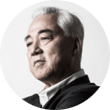
西 鋭夫
1941年大阪生まれ。関西学院大学文学部卒業後、ワシントン大学大学院に学ぶ。
同大学院で修士号と博士号取得(国際政治・教育学博士) J・ウォルター・トンプソン広告代理店に勤務後1977年よりスタンフォード大学フーヴァー研究所博士号取得研究員。それより現在まで、スタンフォード大学フーヴァー研究所教授。
西 鋭夫
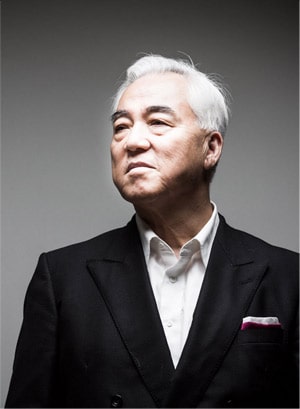
1941年大阪生まれ。関西学院大学文学部卒業後、ワシントン大学大学院に学ぶ。
同大学院で修士号と博士号取得(国際政治・教育学博士) J・ウォルター・トンプソン広告代理店に勤務後1977年よりスタンフォード大学フーヴァー研究所博士号取得研究員。それより現在まで、スタンフォード大学フーヴァー研究所教授。




